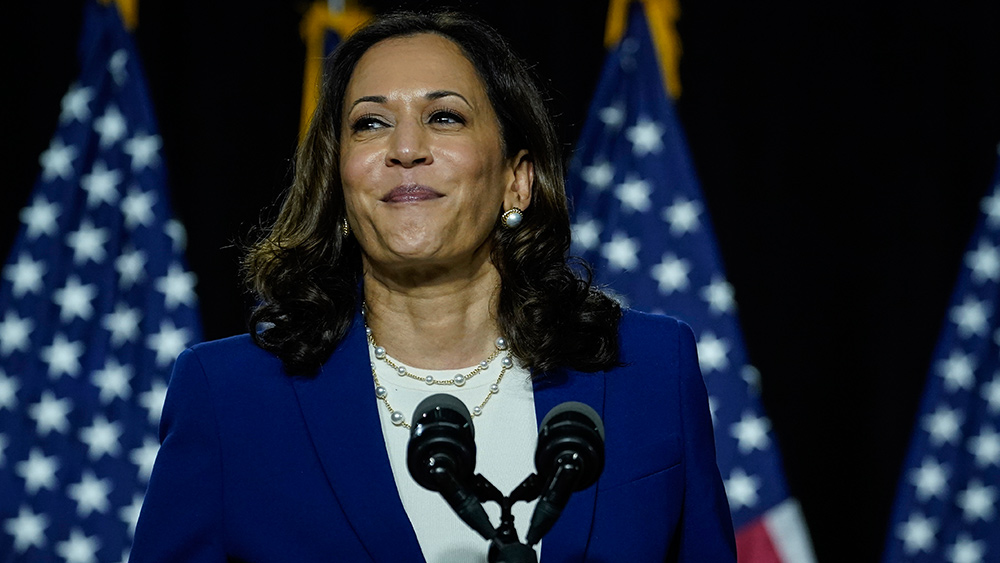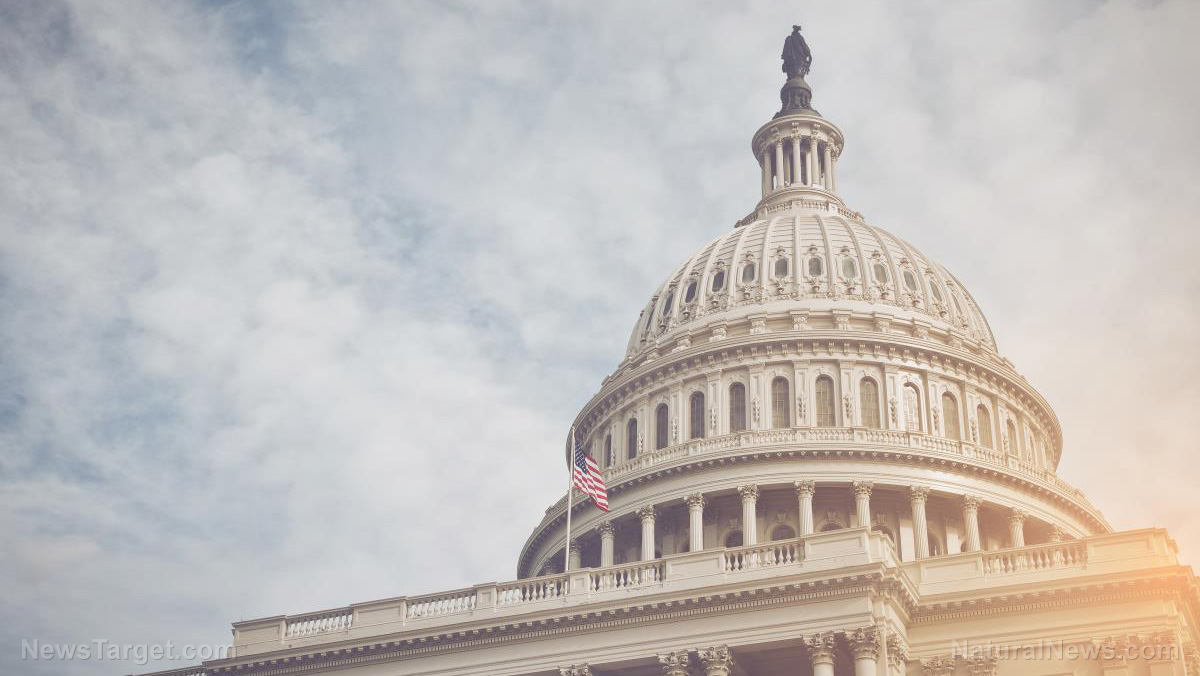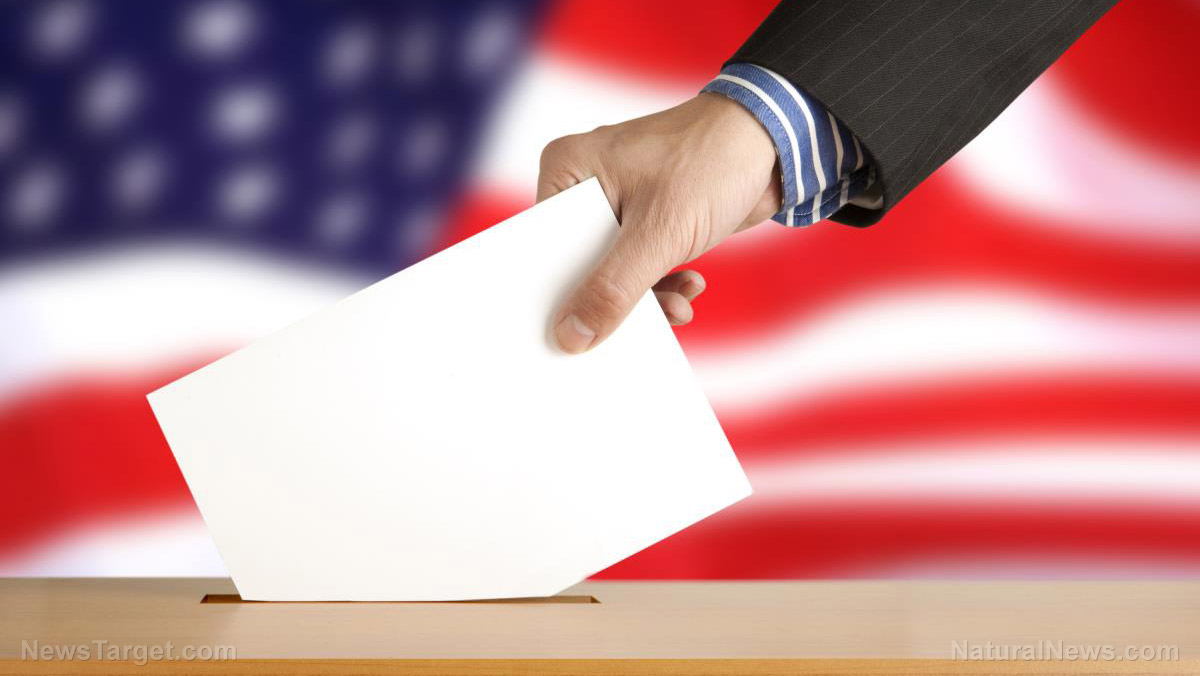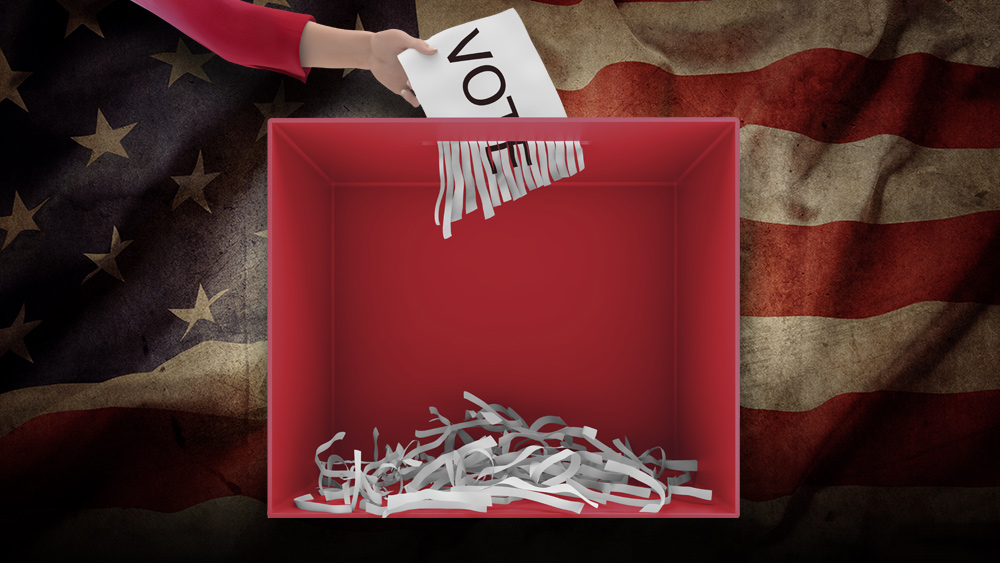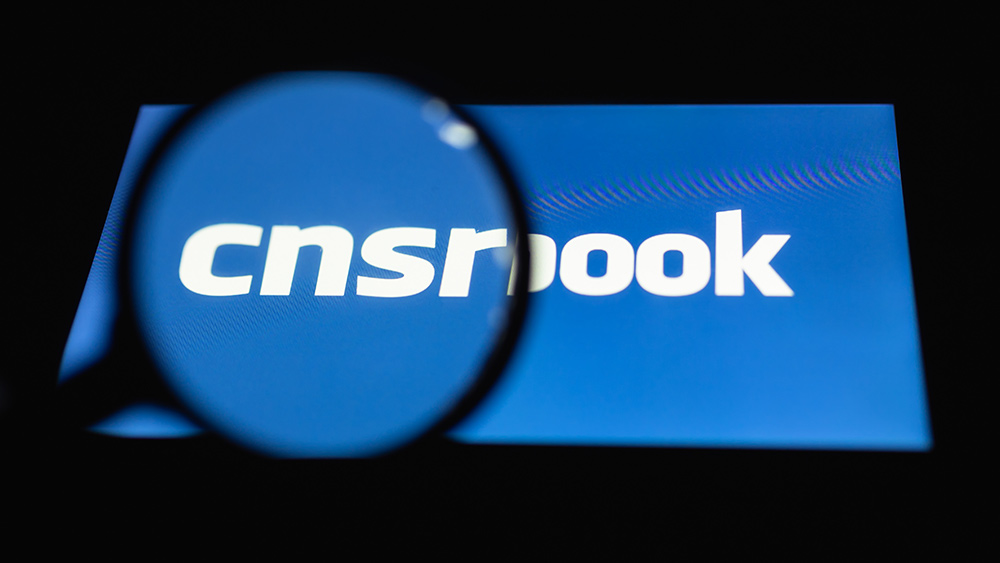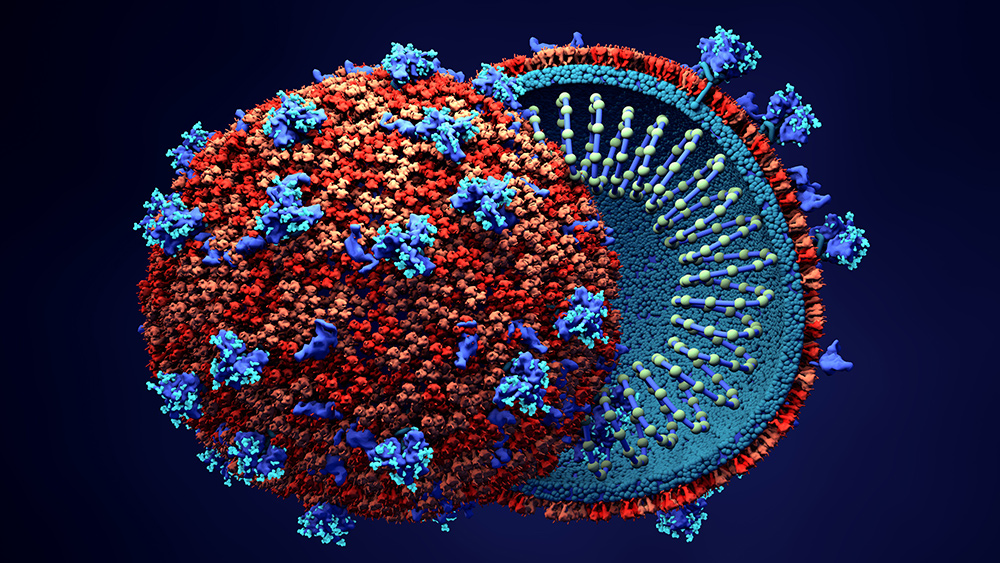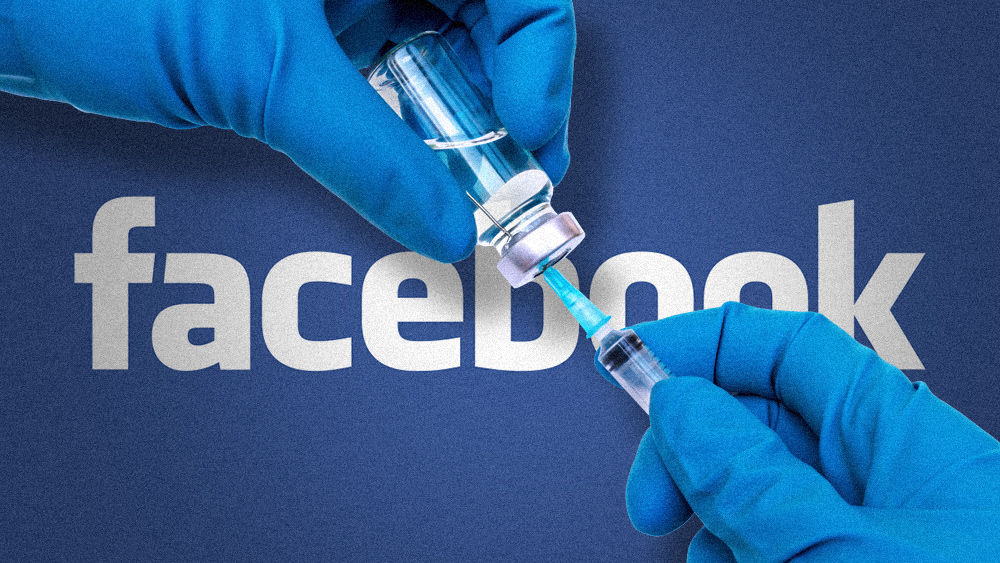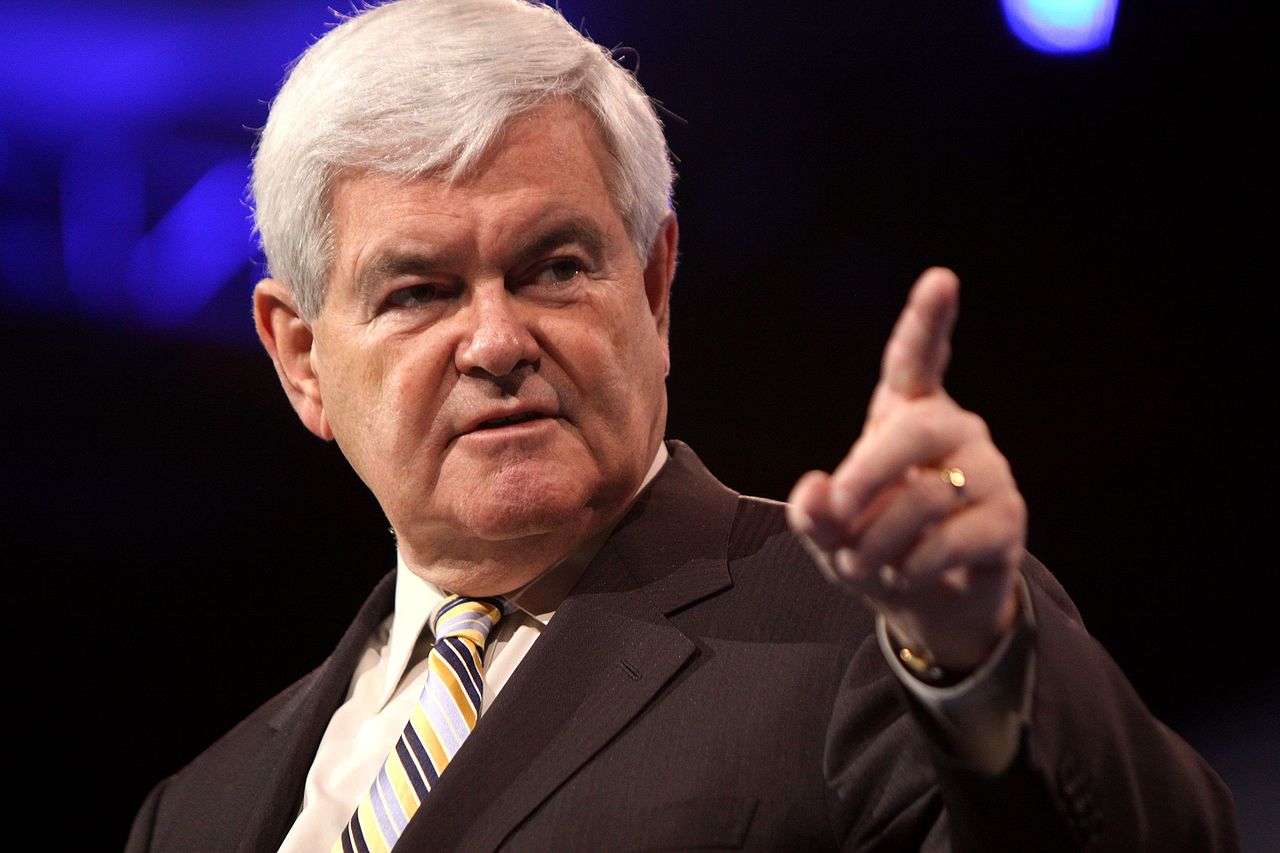DOJ: Here’s our plan to hold online platforms accountable for ‘unlawfully censoring’ speech
09/24/2020 / By News Editors
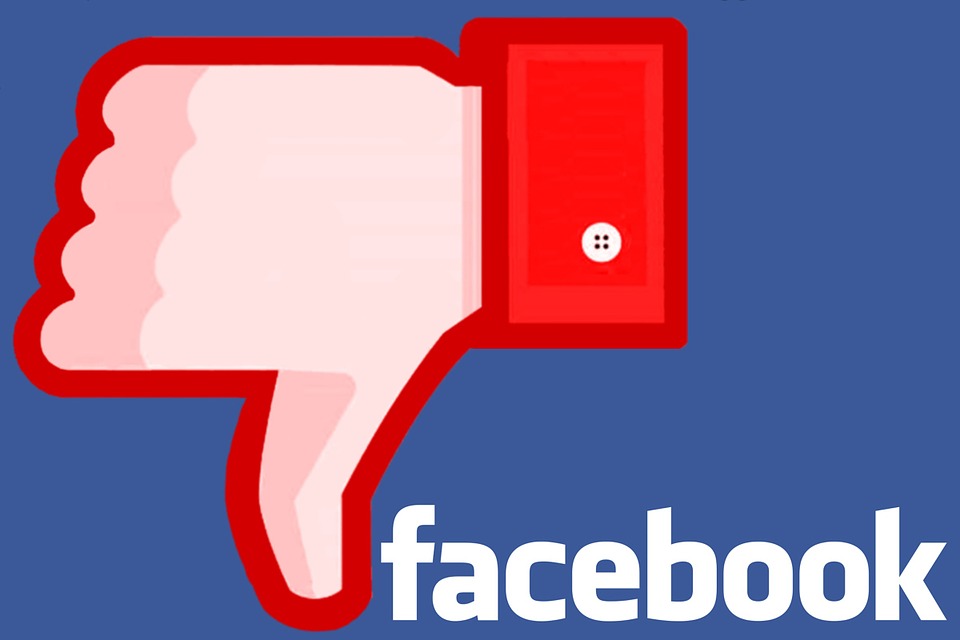
The Department of Justice on Wednesday proposed changes to Section 230 of the Communications Decency Act to combat censorship.
(Article republished from WND.com)
President Trump said in a discussion at the White House that “a small group of powerful technology platforms have tightened their grip over commerce and communications in America.”
“They’ve used this power to engage in unscrupulous business practices while simultaneously waging war on free enterprise and free expression,” he said.
The radical left has convinced the platforms to be “intolerant of diverse political views,” Trump charged.
“For example, Twitter routinely restricts posts expressing conservative views, even from a president of the United States, while at the same time it allows Iran’s Supreme Leader to freely spew vile, anti-Semitic hate and even death threats,” he pointed out.
Consequently, each year “countless Americans are banned, blacklisted, and silenced through arbitrary or malicious enforcement of ever-shifting rules.”
“Some platforms exploit their power, acquire vast sums of personal data without consent, or rig their terms of service to coerce, mislead, or defraud.”
Attorney General William Barr said the DOJ had forwarded to Congress proposed legislation to reform Section 230.
“And that legislation addresses concerns about online censorship by requiring greater transparency and accountability when platforms remove lawful speech,” he said.
“Online platforms play a vital role in our society. Nearly everyone relies on platforms now for – on a daily basis – to communicate, to share private information, buy goods, receive news and information. And we’ve grown to depend on it, and necessarily, we’ve had to put our trust in these platforms.”
But Barr said the platforms “can abuse those positions of trust, whether by deciding which voices they’re going to amplify and which they’re going to throttle, and by improperly tracking and collecting user data and even facilitating criminal activity.”
The DOJ addressed the issue of transparency.
The proposed changes would replace “the vague catch-all ‘otherwise objectionable’ language … with ‘unlawful’ and ‘promotes terrorism,'” the DOJ explained.
“This reform would focus the broad blanket immunity for content moderation decisions on the core objective of Section 230 – to reduce online content harmful to children – while limiting a platform’s ability to remove content arbitrarily or in ways inconsistent with its terms of service simply by deeming it ‘objectionable.'”
The DOJ also wants a definition of “good faith” that would be used to “limit immunity for content moderation decisions to those done in accordance with plain and particular terms of service and accompanied by a reasonable explanation.”
Deputy Attorney General Jeffrey Rosen said the department’s proposal is an important step in reforming Section 230 “to further its original goal: providing liability protection to encourage good behavior online.”
“The proposal makes clear that, when interactive computer services willfully distribute illegal material or moderate content in bad faith, Section 230 should not shield them from the consequences of their actions,” he said.
Bad-faith censorship would result in an open door to civil claims against online platforms, the presentation explained.
The DOJ said Section 230 immunity “is meant to incentivize and protect online Good Samaritans.”
“Platforms that purposely solicit and facilitate harmful criminal activity — in effect, online Bad Samaritans — should not receive the benefit of this immunity. Nor should a platform receive blanket immunity for continuing to host known criminal content on its services, despite repeated pleas from victims to take action.”
The Washington Examiner reported the DOJ was concerned “that online platforms have used the immunity from liability to censor certain types of lawful speech, and its proposal would revise and clarify the existing language while also providing greater guidance to platforms, users, and courts.”
The proposals come only a few months after the president issued an executive order to battle what he called unfair censorship of conservative voices online.
The order said Twitter, Facebook, Instagram and YouTube hold huge power to shape the interpretation of public events and were “engaging in selective censorship that is harming our national discourse.”
Read more at: WND.com
Tagged Under: banned, Big Tech, Censored, Censorship, DOJ, Facebook, First Amendment, free speech, freedom, Illegal, Liberty, mainstream media, politics, Sec 230, Social media, speech police
RECENT NEWS & ARTICLES
COPYRIGHT © 2018 BANNED.NEWS
All content posted on this site is protected under Free Speech. Banned.news is not responsible for content written by contributing authors. The information on this site is provided for educational and entertainment purposes only. It is not intended as a substitute for professional advice of any kind. Banned.news assumes no responsibility for the use or misuse of this material. All trademarks, registered trademarks and service marks mentioned on this site are the property of their respective owners.






